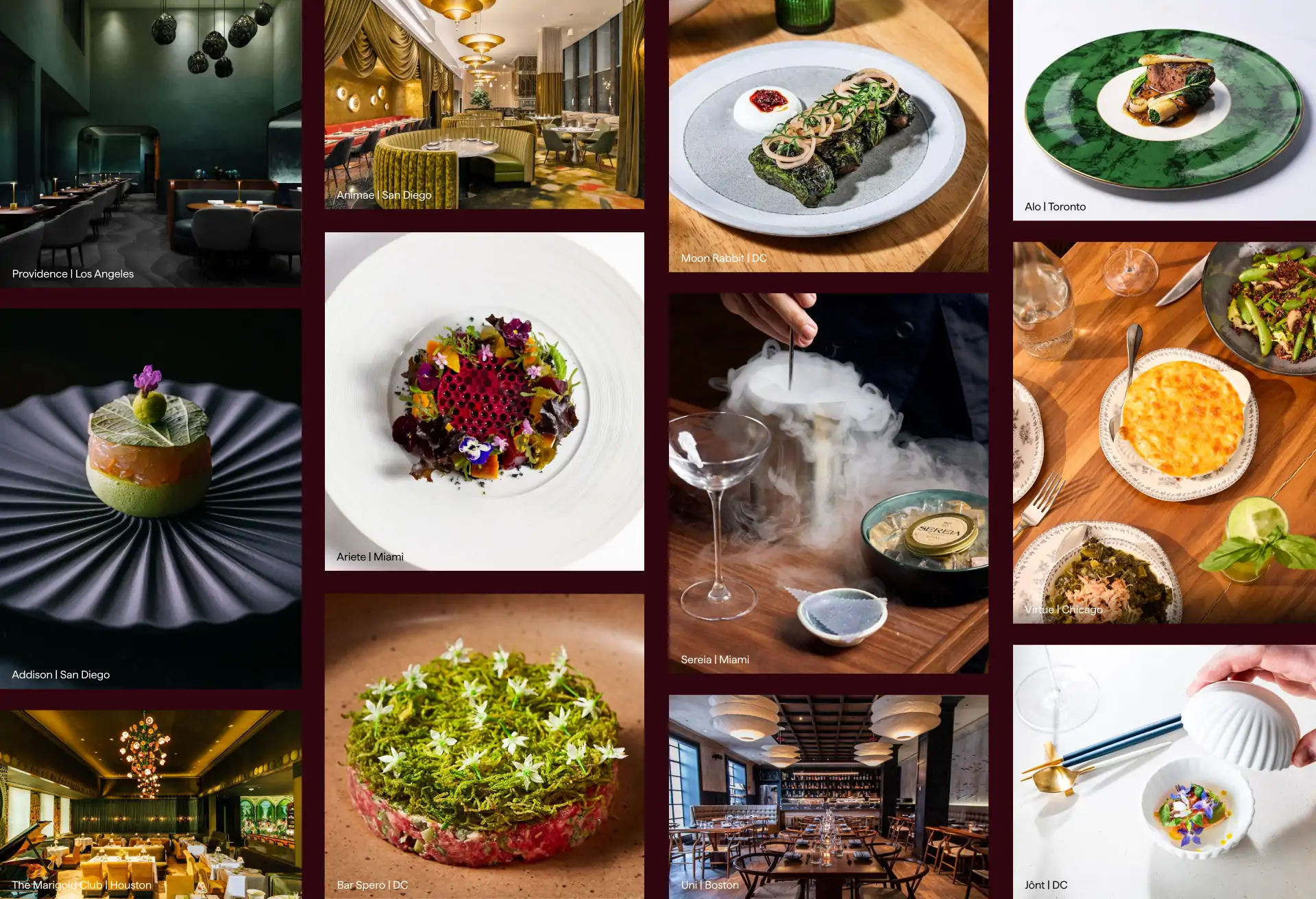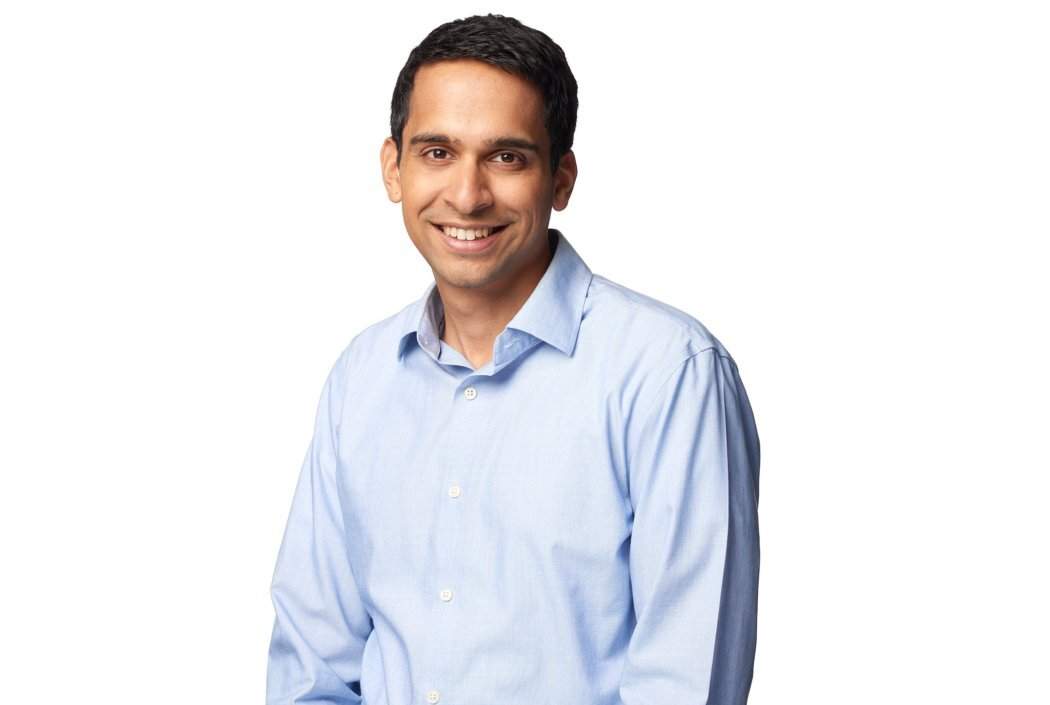While 61% of all C-suite roles are held by white men, only 5% of C-suite leaders are women of color—but OpenTable’s executive team tells an entirely different story. The company is steered by Asian American women including chief executive officer Debby Soo, chief revenue officer Amy Wei, and chief growth officer Susan Lee.
Soo is an expert in international growth, co-leads Booking Holdings’s [OpenTable’s parent company] Diversity & Inclusion Steering Committee, and champions the AAPI community. These accomplishments landed her a spot on the 2023 edition of Gold House’s annual A100, a prestigious list that honors Asian Pacific leaders who made the greatest impact on American culture and society in the last year.
“Growing up, I didn’t like that I didn’t belong anywhere,” says Soo, a Chinese American, recapping a childhood that involved shuttling between Taiwan, China, and the US.
But years later, Soo leveraged her multicultural background to build the Asia-Pacific business for OpenTable’s sibling brand, KAYAK—alongside Wei and Lee—before starting as OpenTable’s CEO in 2020. “As we’ve become adults, we used the bridging of two worlds to our advantage. It’s made our lives richer,” Soo explains.
In honor of Asian American and Pacific Islander Heritage Month, Soo, Lee, and Wei share their thoughts on leadership, amplifying the voices of underrepresented restaurants, and the significance of Soo’s A100 award.
This interview has been edited for length and clarity.
What role did restaurants play in your upbringings?
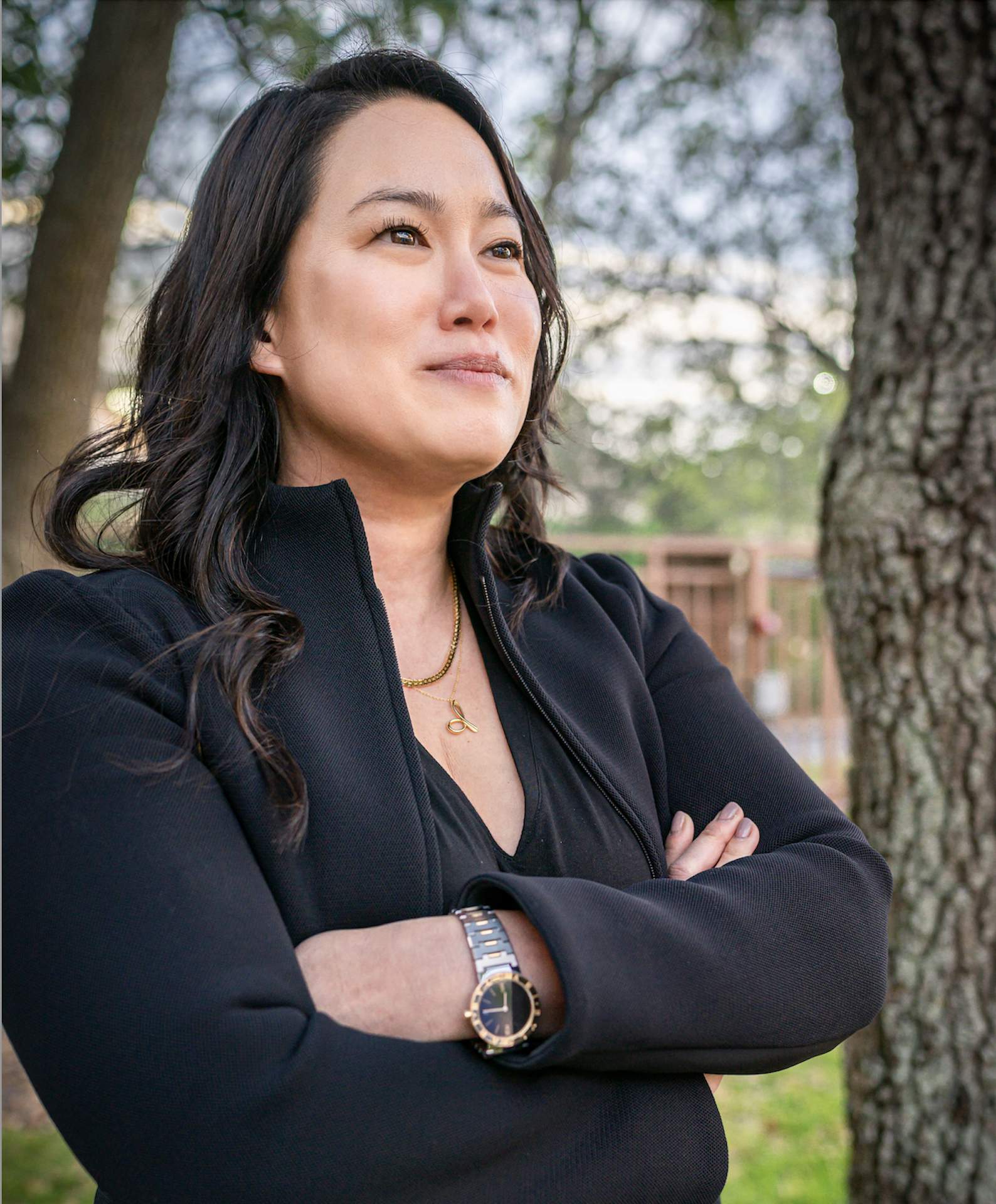
Debby Soo: Many of my memories of my grandparents, who are no longer with us, are of big Chinese restaurants with a big table, a Lazy Susan, and lots of dishes.
Susan Lee: [When I was growing up, going to] restaurants was more about a special event. I’m Korean American. I remember a lot of holidays were about gathering and cooking at home. Restaurants were about celebrating special moments.
Amy Wei: I’m Chinese American and restaurants are [where] we gather—around a big round table and tons of dishes, that’s how we celebrate birthdays and Lunar New Year. It’s the one opportunity we always looked forward to to catch up and see one another. So there’s a special place in my heart for those big banquet-style Chinese restaurant meals.
The power of restaurants lies in the fact that they can be havens for communities. But there’s a dark side to that reality: Earlier this year, a study found that stigma against Chinese cuisine in the first year of the pandemic cost Asian restaurants in the US an estimated $7.4 billion in lost revenue in 2020. How does OpenTable advocate for underrepresented restaurants?
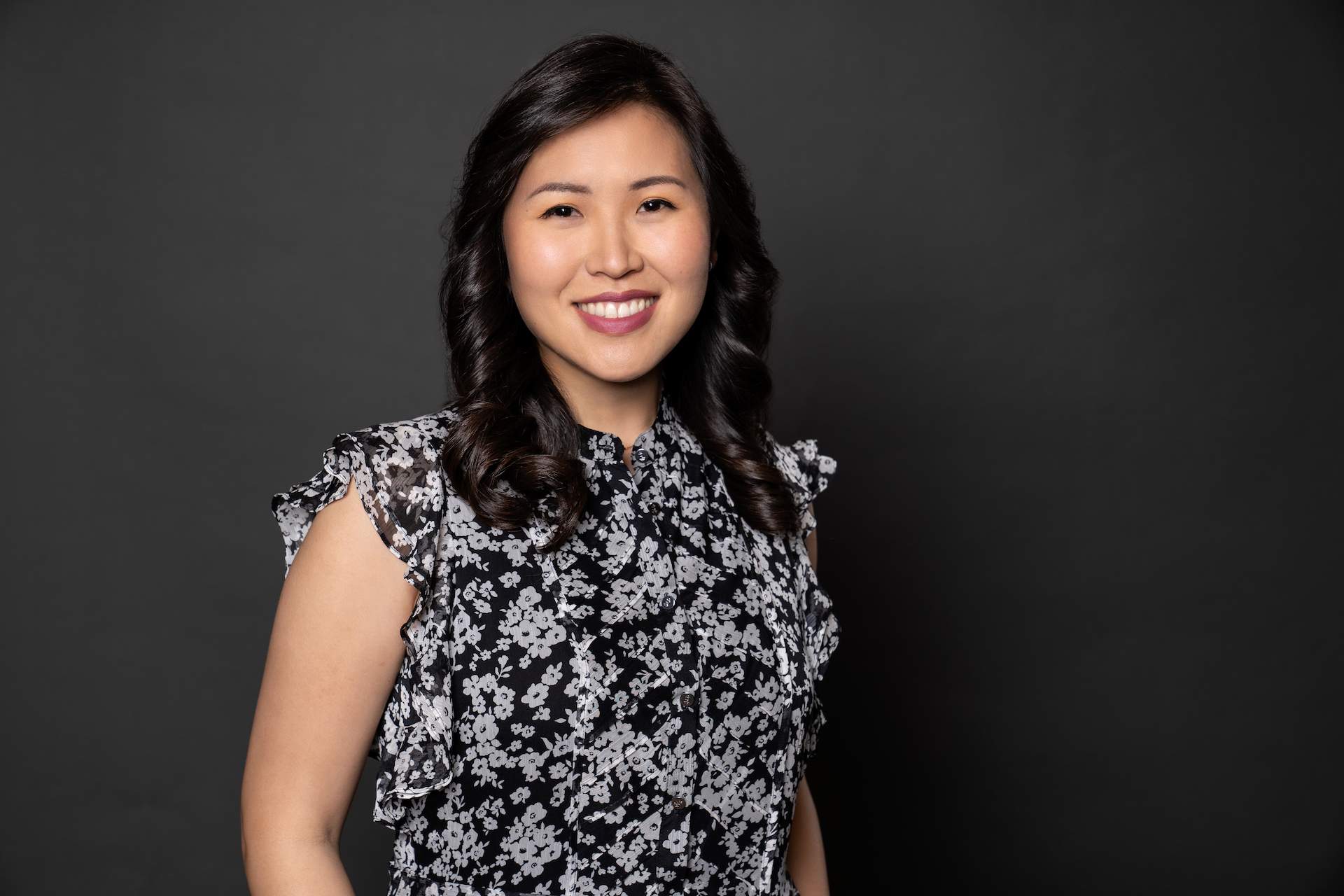
Soo: We have a responsibility to be doing this because of our platform and the strength of our diner network. When a restaurant comes on our network and we actively promote them, we know we can move mountains and change the trajectory of a restaurant in terms of filling it up, raising awareness about it, etc. For instance, [this May], we’ll be highlighting Asian owned/operated restaurants on our app and on OpenTable.com.
Lee: We’re always looking for ways to support causes that chefs are already showing up for. We allow restaurants to self-identify [with dedicated filters] so we can highlight them on our app, blog, and social platforms. We support organizations like Chefs Stopping AAPI Hate and Re:Her, which is focused on female chefs and restaurateurs. We are also proud to support Sprouts, which is all about helping youths through culinary training and job placements, which ultimately benefits a lot of people of color.
Debby, what is the significance of receiving the A100 award at this point in your career?
Soo: Yes, I am the one that is being recognized this year. But it is unequivocally a team effort. I really don’t think I would’ve become OpenTable’s CEO if I didn’t have people like Amy and Susan, among others, pushing me and helping me. The A100 award is meaningful because I view it as a recognition for all three of us. I can count all the Asian American women CEOs on one hand. It feels good to be recognized, maybe because there is a 13-year-old somewhere seeing this and thinking, “Oh wow, that could happen to me.”
Much of Debby’s leadership style is defined by a people-first mindset. It’s a philosophy that evokes a recent quote by actor Ali Wong when she said one of the perks of working with a predominantly Asian American cast is that “all the people get to be people.” Is this a sentiment you can relate to as a leadership team?
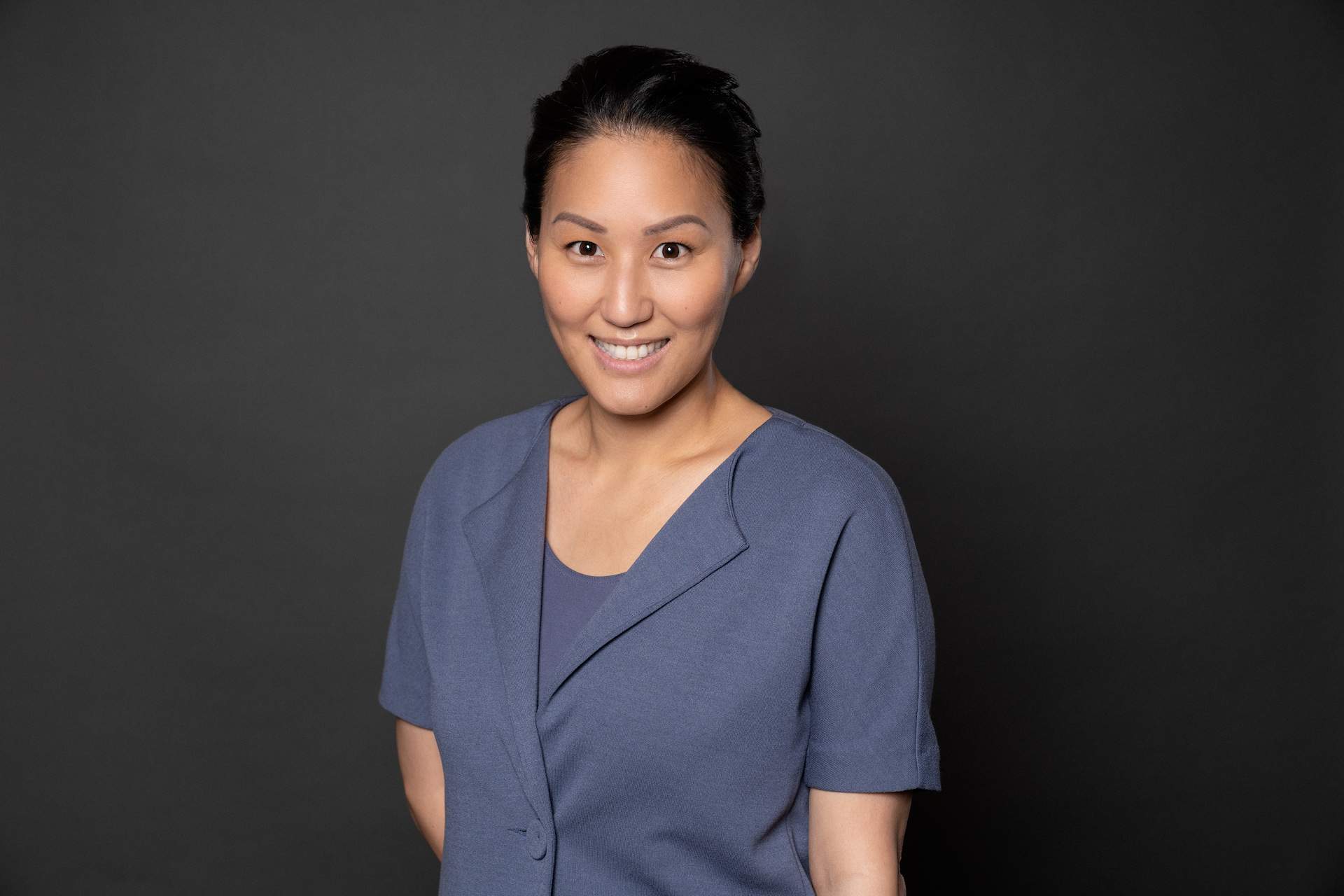
Soo: I’ve taken it for granted at OpenTable. So when I go into a different environment where I am the only woman and I am the only person of color, it’s very jarring. But I definitely don’t feel that here at all. We all get to be people.
Lee: Before I started working for Debby, I tried with all my might to not look at race at work. I think corporate America kind of sets out how you should be acting in a certain position. But Debby does the reverse of that. She’s managed to become CEO by being her authentic self. And that is a very different managerial style than every single manager I’ve worked with in my career. That’s why Amy and I are here.
Wei: I’m an advisor for a startup and I’m helping other young Asian women leaders in their careers. I try to give my time to people who want it and who want that advice and experience. Debby is unapologetic about having a strong presence of Asian women in her executive team and that’s so powerful. I try to do what Debby does and pass that on. I’m actively looking for more of that type of work so I can spread that influence outside of OpenTable. I always make time to talk about my path and my journey.
Lee: I think a lot about the opportunities afforded to Asian females here at OpenTable and would like to see that for other people of color, too. It makes me think about how I can bring more diversity to my team.
What are some of your proudest D&I-related accomplishments at OpenTable?
Soo: In 2020, when George Floyd was killed, and anti-Asian sentiment here in the US was at an all-time high (sparked by political rhetoric and COVID), Booking Holdings wanted to do something. Together with leadership at Booking Holdings, we looked at how to better navigate our D&I work across the company’s different brands.
We created a steering company that’s roughly ten people across all the different brands and that steering company set up certain thresholds that each brand had to hit, such as [creating] employee resource groups. We now meet quarterly, we look at the numbers and metrics, we’re talking to folks throughout the different companies, and that is probably one of my prouder achievements on the D&I front from my time here at OpenTable and KAYAK.
That programming we’ve done impacts more than 20,000 employees across all the brands. Senior leaders are getting D&I training. But not everyone comes from the same starting point. There’s a lot more to do.
Lee: There is a lot of impetus [from] the greater world that has really pushed us forward in the D&I space, but Debby’s A100 award and platform really raise the bar for us to do even more as we go forward. I would simply say it’s just the beginning. It’s not enough.
Aarti Virani is a blog editor at OpenTable. She has covered the South Asian diaspora for publications including Vogue India, The Wall Street Journal, and The Juggernaut, and is most energized when telling stories about communities that don’t always get the spotlight.


